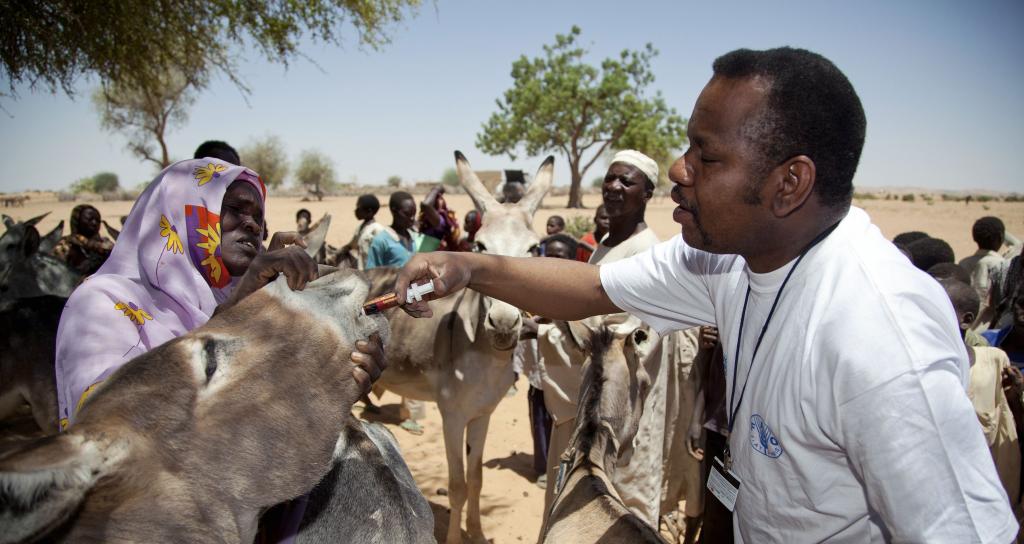Once established, International Organisations (IOs) have a tendency to persist and evolve - to varying degrees of success - to changing circumstances. To capture some of those changes, since the end of the Cold War historians have increasingly turned their attention to the history of IOs and how they have shaped certain normative understandings and socio-economic policies.
The ongoing research by Amalia Ribi Forclaz, Assistant Professor of International History at the Graduate Institute, contributes to that emergent body of literature. On 4 December 2017, Prof. Ribi Forclaz presented her work on the topic “Historical Perspectives on Rural Development: The Early Years of the Food and Agriculture Organization (FAO) and the Conceptualization of Rural Welfare, 1945-1955” during the Global Governance Colloquium Series organized by the Global Governance Centre.
During the rich presentation, Prof. Ribi Forclaz demonstrated the evolution of the conceptualization of ‘rural welfare’ at the FAO during the period 1945-1955. Specifically, a change from a more holistic and ‘social’ approach to rural welfare that emphasized contextual specificity and included scientific debate about the larger implications of development, to one increasingly based on technical development characterized by short-term interventions.
The research fills an important gap in the academic literature, which has thus far focused sparsely on the immediate post-World War Two period in the history of IOs. It demonstrates how certain ideas circulate within IOs and why they might be abandoned within a relatively short time period. More generally, it also highlights the long history of current development practices, and raises questions about the nature and influence of different types of expertise of international bureaucrats.


